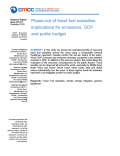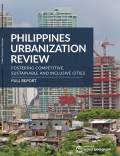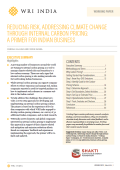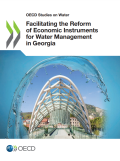
Spurred by innovation, increased competition, and policy support in a growing number of countries, renewable energy technologies have achieved massive technological advances and sharp cost reductions. Renewables have come to the forefront of the global energy transition, with nearly every country adopting a renewable energy target. Yet progress has been uneven in different countries and sectors. Technology and financial risks still hamper the expansion of renewables into new markets. As the power sector develops further, the increased adoption of variable renewables like solar and wind requires more flexible systems. Compared to power generation, the regulatory framework for end-use sectors lags behind.

The Philippines is at a critical juncture in its urbanization process with the number of people living in cities projected to increase by approximately 20 million over the next 20 years. Decisions made now will affect how that urbanization takes place, how cities grow, how vibrant they are, and the extent to which they contribute to improving the lives of tens of millions of residents. Bold policy reforms are needed at both the national and local level too leverage enormous opportunities for growth, job creation and poverty reduction and to avoid the risk of congestion, slums, pollution, inequality and crime.


